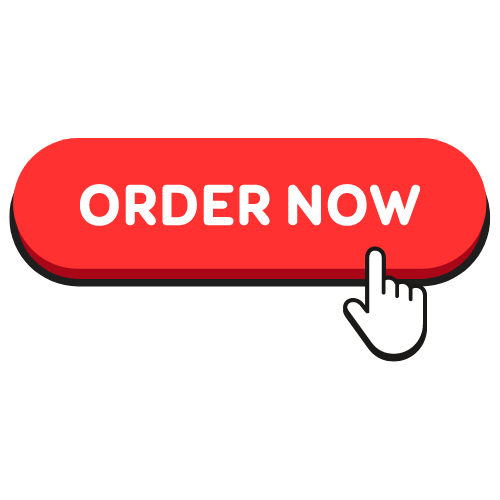In a world often characterized by excess and consumerism, the concepts of minimalism and decluttering have gained significant attention. While they share common goals of simplifying and enhancing one’s life, they differ in their underlying principles, approaches, and ultimate objectives.
Minimalism: A Lifestyle Philosophy
Minimalism is a holistic lifestyle philosophy that extends beyond the mere physical aspect of decluttering. At its core, minimalism encourages individuals to simplify their lives by focusing on what truly adds value and purpose. This extends to possessions, relationships, and activities. Embracing minimalism often involves a shift in mindset, prompting individuals to question the necessity of each item or commitment in their lives.
In a minimalist lifestyle, the emphasis is on intentional living. Possessions are curated with care, and the pursuit of quality takes precedence over quantity. The minimalist philosophy encourages people to detach from the societal pressure to accumulate more, promoting a sense of freedom from materialism.
Decluttering: Tackling the Physical Realm
Decluttering, on the other hand, is a more specific and often tangible endeavor. It primarily focuses on simplifying one’s immediate surroundings by eliminating unnecessary items. The goal of decluttering is to create a more organized and efficient space, reducing visual and mental clutter.
While minimalism might encompass decluttering as a component, decluttering itself does not necessarily imply adopting a minimalist lifestyle. People may declutter for various reasons, such as enhancing productivity, reducing stress, or creating a more aesthetically pleasing environment. The act of decluttering can be a practical solution to managing belongings, but it may not involve the profound mindset shift that minimalism advocates.
Key Differences Between Minimalism vs Decluttering:
-
Mindset vs. Action:
- Minimalism is primarily a mindset that shapes the way individuals perceive and interact with the world. It involves a conscious choice to prioritize what truly matters.
- Decluttering, in contrast, is a specific action or series of actions aimed at removing excess items and organizing spaces.
-
Holistic Lifestyle vs. Specific Task:
- Minimalism is a lifestyle philosophy that extends to various aspects of life, including relationships, commitments, and personal values.
- Decluttering is a more focused and often isolated task, primarily addressing the physical aspects of living spaces.
-
Long-Term Lifestyle vs. Short-Term Task:
- Minimalism is a long-term commitment, requiring ongoing mindfulness and intentionality in all aspects of life.
- Decluttering can be a one-time or periodic task focused on the immediate organization without necessarily altering one’s overall lifestyle.
-
Values and Purpose vs. Efficiency:
- Minimalism revolves around aligning possessions and activities with personal values and a deeper sense of purpose.
- Decluttering is motivated by a desire for efficiency, organization, and visual simplicity without necessarily delving into the philosophical aspects of one’s lifestyle.
In conclusion, while minimalism and decluttering share common ground in their pursuit of simplicity and efficiency, they diverge in their scope, depth, and underlying principles. Minimalism encompasses a broader and more profound shift in mindset, influencing various aspects of life, whereas decluttering is a practical task focused on immediate order and organization. Both can offer valuable insights, and individuals may choose to integrate elements of both into their lives based on their personal preferences and goals.

